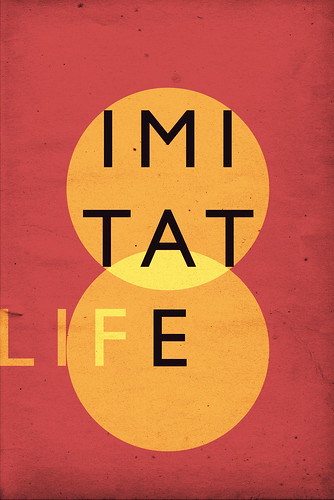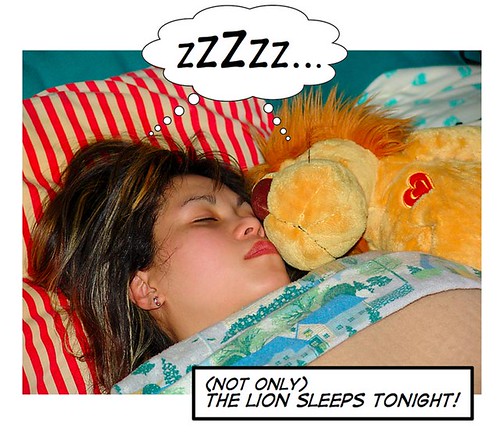Is there a way to create a positive feedback loop in your relationship?
ow gratitude: This research examined the dual function of gratitude for relationship maintenance in close relationships. In a longitudinal study among married couples, the authors tested the dyadic effects of gratitude over three time points for approximately 4 years following marriage. They found that feelings of gratitude toward a partner stem from the partner’s relationship maintenance behaviors, partly because such behaviors create the perception of responsiveness to one’s needs. In turn, gratitude motivates partners to engage in relationship maintenance. Hence,…
1 min read
Parent-Teacher Conferences Have Nothing To Do With Children
cording to the researcher quoted at Newswise, parent-teacher conferences are much more about parents trying to prove "they're a good parent" -- even if that means throwing their kids under the bus: “Parents and teachers behave in a way suggesting that they are each treating the conference as an occasion for their own performance review – using the student’s progress, or lack thereof, as a gauge of how the teacher is doing at his or her job of ‘being a…
1 min read
How much can you tell about someone’s personality just by their appearance?
lot: Despite the crucial role of physical appearance in forming first impressions, little research has examined the accuracy of personality impressions based on appearance alone. This study examined the accuracy of observers’ impressions on 10 personality traits based on full-body photographs using criterion measures based on self and peer reports. When targets’ posture and expression were constrained (standardized condition), observers’ judgments were accurate for extraversion, self-esteem, and religiosity. When targets were photographed with a spontaneous pose and facial expression…
1 min read
Is mimicry the key to sales?
om Harvard Business Review: Retail salespeople who subtly mimic customers' speech and behavior are more successful at selling... 78.8% bought such a product from mimickers, compared with 61.8% from nonmimickers. Afterward, customers who had been mimicked were more positive about the salespeople and the store. Join over 190,000 readers. Get a free weekly update via email here. Related posts: How To Stop Being Lazy And Get More Done – 5 Expert Tips How To Get People To Like You: 7 Ways From An FBI Behavior Expert New…
1 min read
Should you go back to bed?
ve posted before on how little sleep you can get away with: ...by the end of two weeks, the six-hour sleepers were as impaired as those who, in another Dinges study, had been sleep-deprived for 24 hours straight — the cognitive equivalent of being legally drunk. The best part was, if you asked them, they felt fine and didn't realize they were impaired (the same way drunk people respond to such questions, minus the slurring.) Why else is it important?…
1 min read
Parents Do Have Favorite Children
om Time Magazine, via Robin Hanson: 65% of mothers and 70% of fathers exhibited a preference for one child, usually the older one. … “The most likely candidate for the mother’s favorite was the firstborn son, and for the father, it was the last-born daughter.” Join over 151,000 readers. Get a free weekly update via email here. Related posts: 6 Hostage Negotiation Techniques That Will Get You What You Want How To Get People To Like You: 7 Ways From An FBI…
1 min read
Is the enemy of my enemy my friend?
ainblogger says yes: According to their paper published in the Personality and Social Psychology Bulletin earlier this year, two people with a similar negative attitude towards a third party are likely to experience greater feelings of familiarity than people whose attitude towards a third party is positive. More precisely, milder negative affect towards someone else, when shared, are likely to be more effective at promoting feelings of familiarity than a mild positive affect. The researchers cite Dunbar as having already demonstrated how…
1 min read
Who do we tell the most lies to? How do we tell them?
tell the most lies to the people we feel closest to. An online diary study was performed to investigate deception across different media. One hundred and four individuals participated in the study, with 76 completing the diaries. Individuals were most likely to lie on the telephone. Planned lies, which participants also rated the most serious, were more likely told via SMS (short message service) text messaging. Most lies were told to people participants felt closest to. The feature-based model…
1 min read








